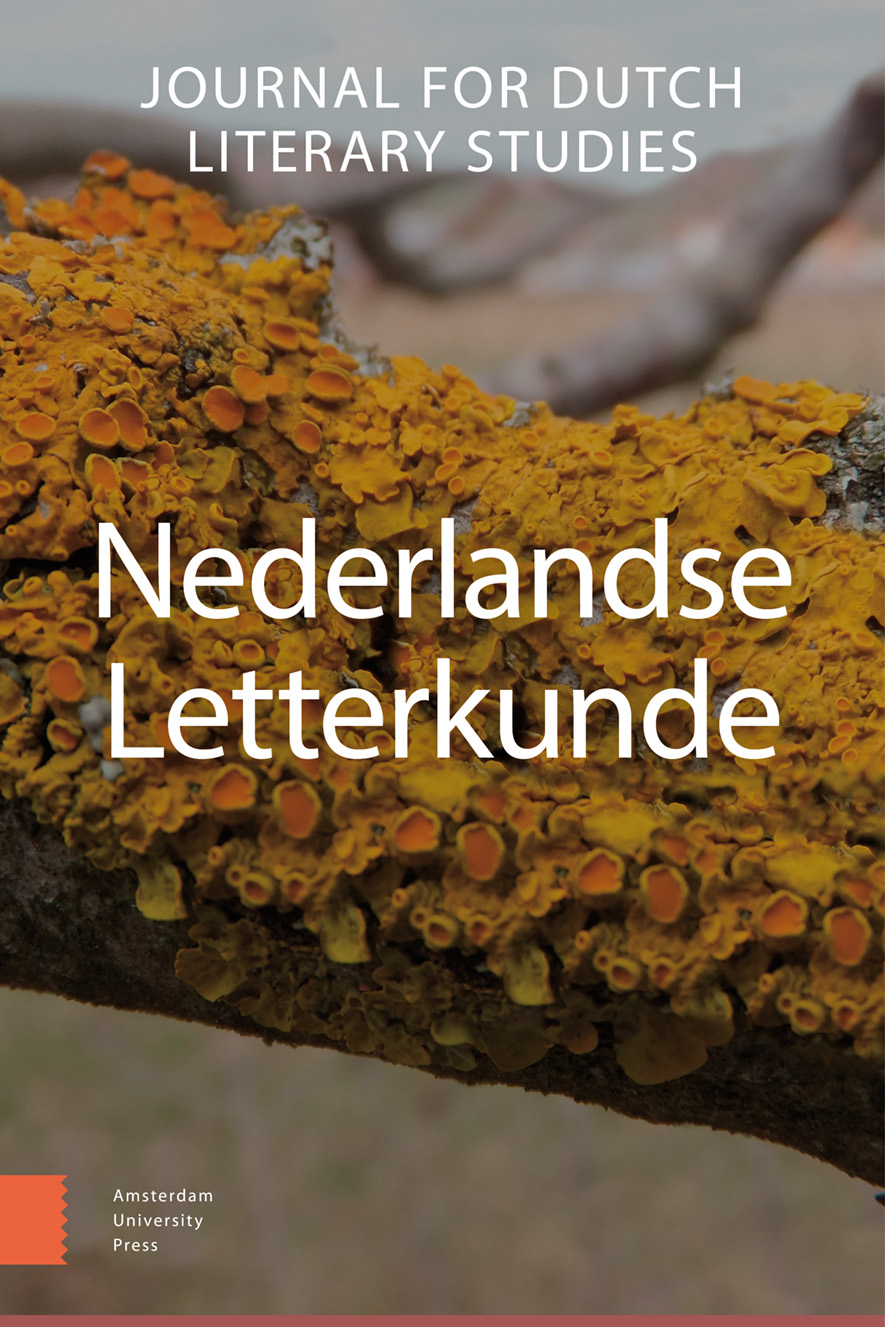-
oa De reisbrieven van R.C. Bakhuizen van den Brink, geschreven gedurende zijn ‘ballingschap’, 1844-1851
- Amsterdam University Press
- Source: Nederlandse Letterkunde, Volume 24, Issue 3, Nov 2019, p. 323 - 354
-
- 01 Nov 2019
Abstract
R.C. Bakhuizen van den Brink’s travel letters, written during his ‘exile’, 1844-1851
In the years 1844-1851, during his journey along libraries and archives in Germany and Austria, the young scholar and later writer and archivist Bakhuizen van den Brink (1810-1865) wrote extensive love letters to Julie Simon, who he had left behind in Liège. Expressing the emotions aroused by his exile from the Netherlands and the separation from the young woman whose heart he desired to win, Bakhuizen resorted to themes that are recurrent in other literary genres such as the epic and the Bildungsroman. Understanding the letters as works of art, this article sets out to trace and analyze these intertextual references between the letters and the genres of the epic and the Bildungsroman. References to the latter come to light when comparing the love letters to the letters Bakhuizen van den Brink wrote to his learned Dutch friends. By disclosing this intertextual network and by relating the themes from the epic and Bildungsroman to the repertoire of the young, 19th-century Dutch scholar, this article holds an attempt to deconstruct these 19th-century love letters.


